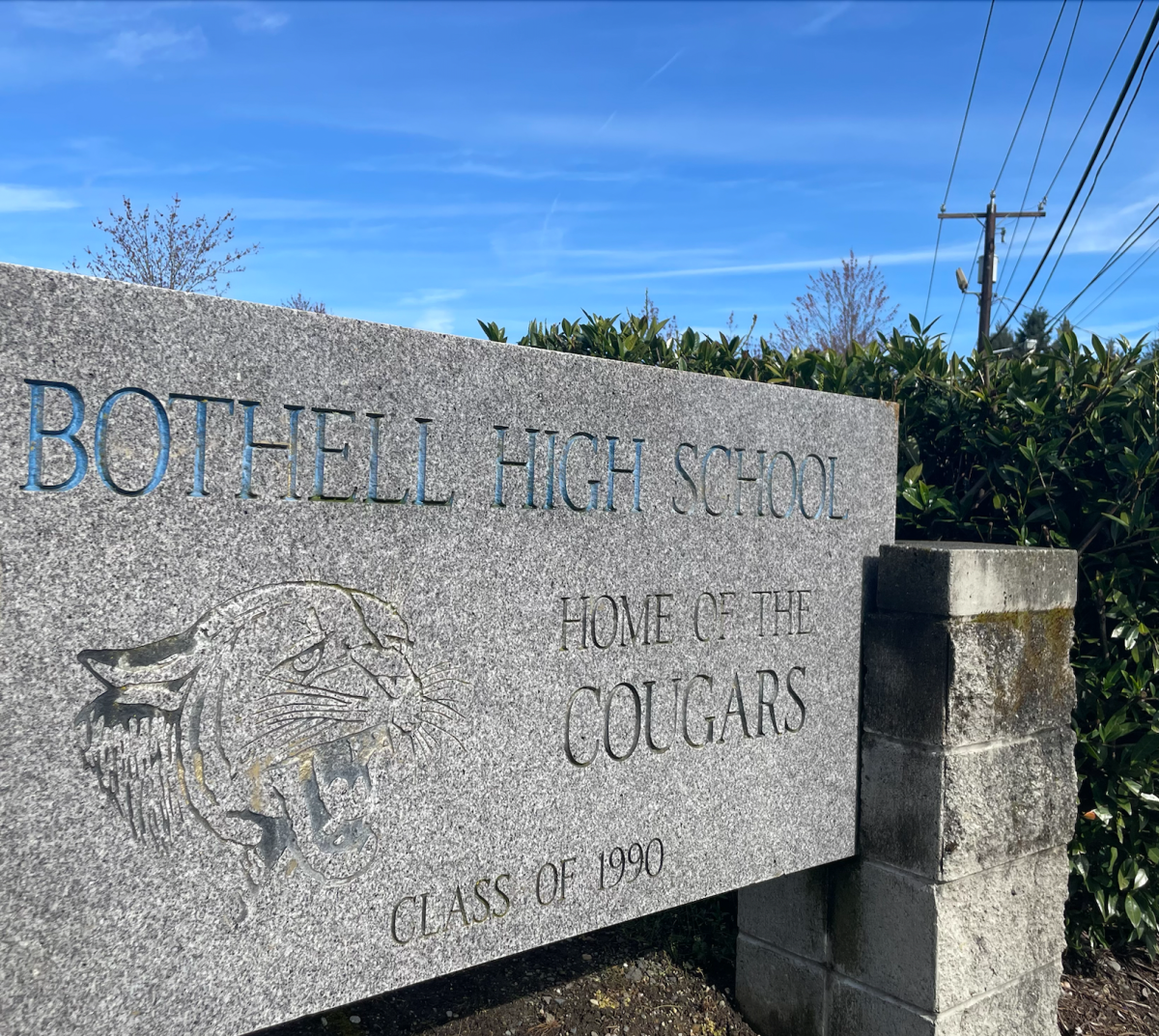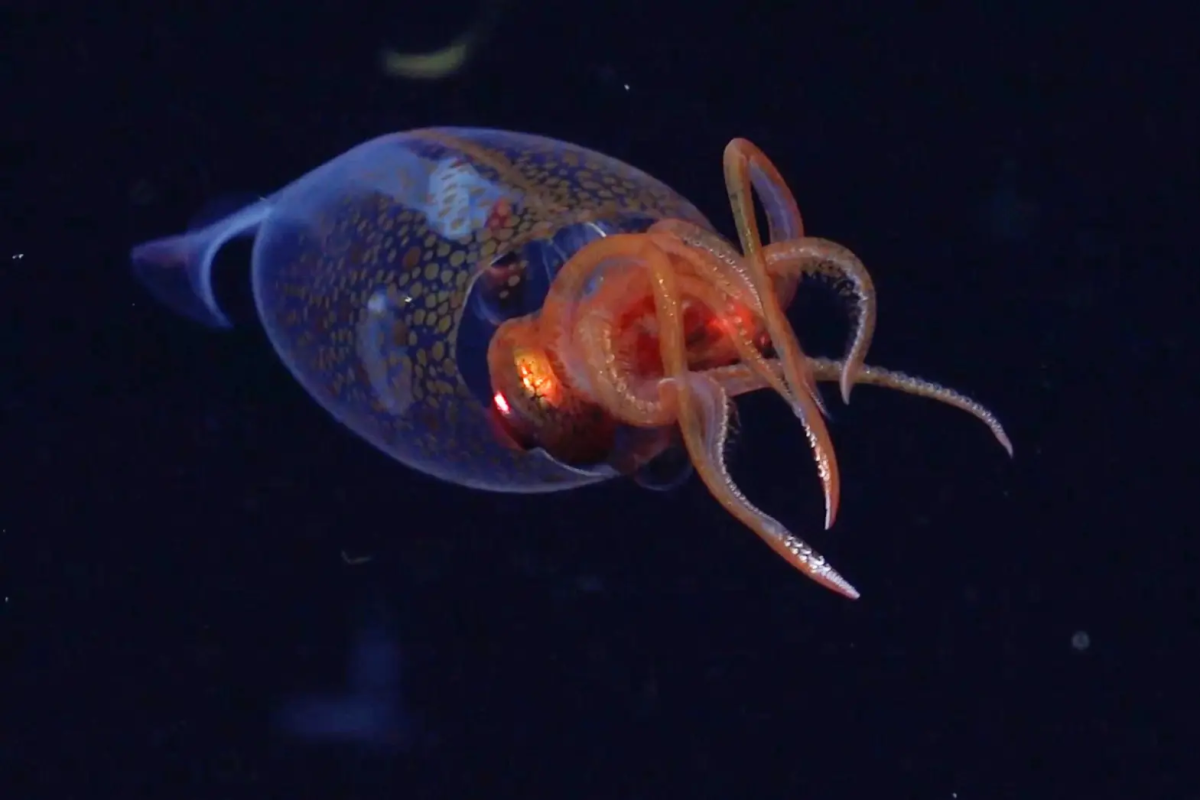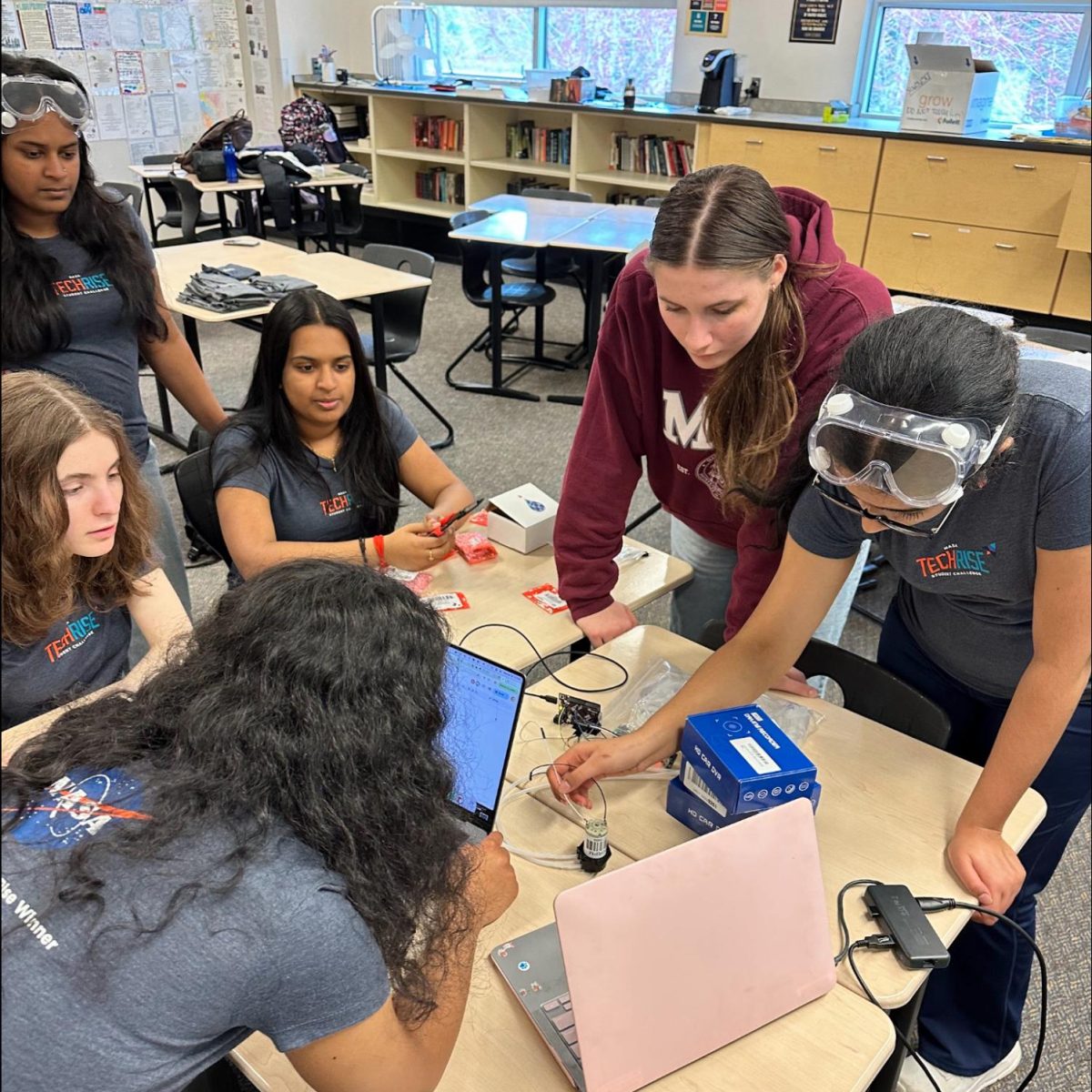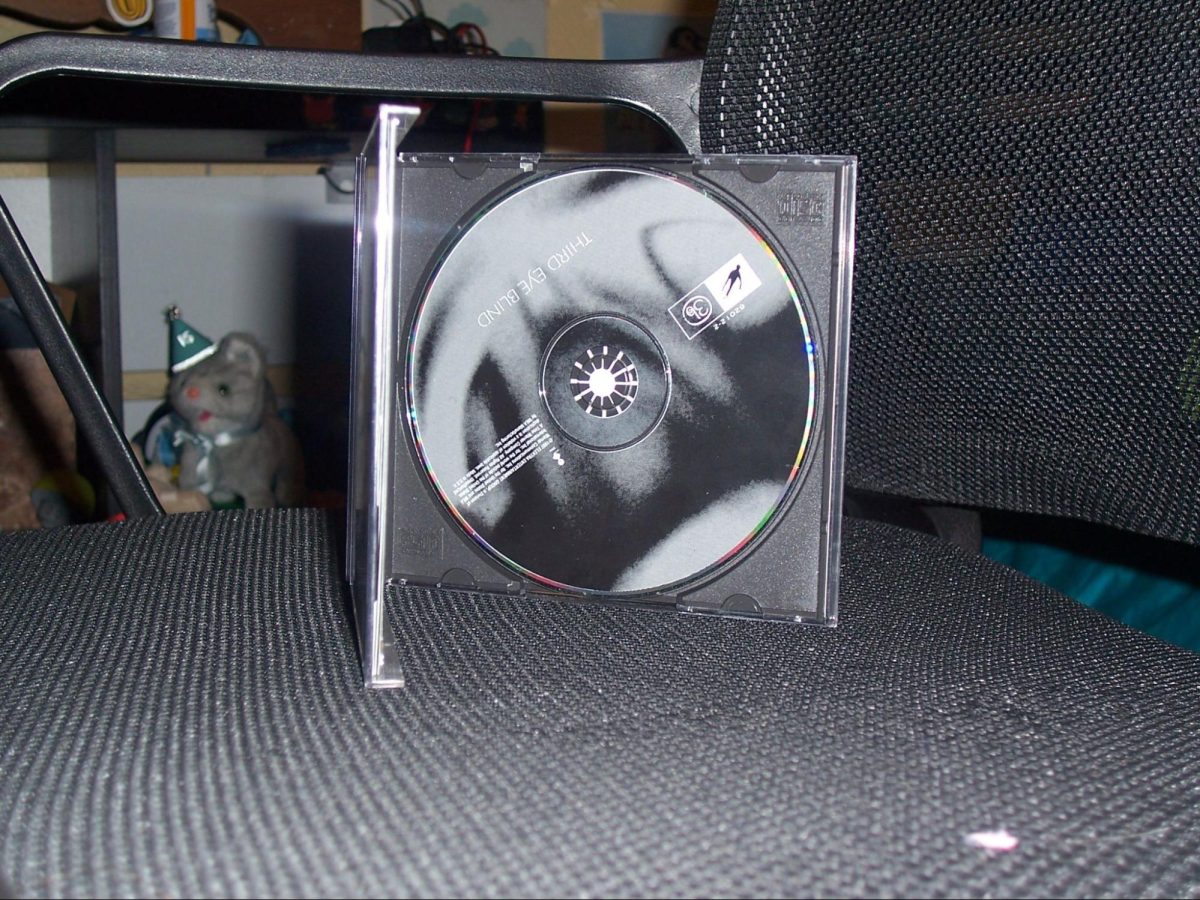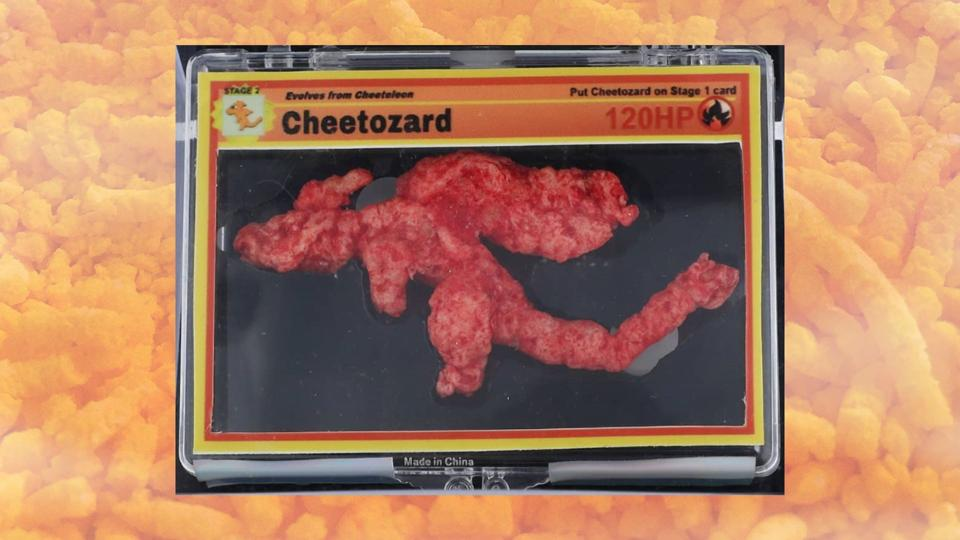As social institutions go, schools have some of the shortest memories. Four years, and it’s an entirely new population of students. Traditions are maintained by upperclassmen passing them to lowerclassmen, but Covid was a massive interruption to that cycle. This year’s graduating class will be the first to have only attended Bothell post-Covid. Our first time going to football games, assemblies, and dances, was as Sophomores or Juniors. Even then, ongoing Covid precautions limited connection across grade levels. However, there is one other variable that can keep school culture consistent: teachers and staff. These are the only people left on campus who knew Bothell before, during, and after the pandemic.
Cathy Swearengin taught Senior Social Studies at Bothell from 2007-2016, and after working as the athletic director at Woodinville, returned to Bothell as a World History teacher in 2022. Swearengin says that even though much had changed in her time away, back at Bothell, “you walk in the building and it’s just—it’s home”. Still, she did acknowledge many differences between Bothell then and now.
Swearengin recalls that staff and students used to get much more dressed up for formal assemblies like the Winter Assembly and Senior Memories. Rob Felton, who has worked as a counselor at Bothell for 21 years, remembers how significant the passing of spirit gear from graduating seniors to underclassmen used to be, calling it, “like a passing of the guard”. Chris Asmann, who has taught at Bothell for 19 years and also attended it as a teenager, mentioned similar distinctions. The first thing that came to his mind in terms of lost traditions was when each grade would chant “Senior/Junior/Sophomore/Freshman Power!” at Pep Assemblies, trying to out-shout each other. Felton added, “It meant something to be a senior and be chanting that and overpowering everyone”.
When my friends and I tried to start a Senior Power chant at the first Pep Assembly this year, we were met with mostly confused looks. Asmann explained that if silly traditions like that aren’t modeled for you as an underclassman, they’ll look ridiculous to you as an upperclassman. Patrick Holmes has taught Senior Social Studies classes at Bothell for the past 21 years, and says that during Covid, “the traditions just got lost, and people don’t know. They don’t know what they don’t know”.
Of the staff members I spoke to, there was also a general consensus that Covid lowered expectations of students and that those expectations have been making a very slow comeback. Swearengin says the effect has been very detrimental to her students. “Once expectations were lowered, [students] were led to believe that was all they were capable of”. She adds, “Teens will always jump to whatever bar is put in front of them.” This sentiment was echoed by all the staff members I spoke to.
Many teachers have also noticed a pretty stark shift in student behavior. Holmes explains, “I would leave a classroom and come back and the classroom would be loud. And now, more often than not, it’s still quiet because everyone is internally focused.”
Swearengin has had a similar experience. Rather than trying to discourage socializing, she must now try to encourage it. Holmes says that rebuilding that culture of connectedness “starts with the teachers, it starts with intentionality”. For him, that intentionality means saying to students, “No, you’re gonna talk to the person next to you […] and they have to talk to you […] and you both have to listen. Fundamentally, that’s part of being a good human”. The general staff takeaway was that the post-pandemic student body is less connected.
Importantly, not all the changes that we’ve seen since Covid have been negative. “There’s also been really positive things,” Swearengin says. “Our music and drama departments have always been a cornerstone of Bothell, but now, the stuff that comes out of the performing arts is unbelievable”. Asmann points to newly minted traditions like Senior Sunrise and Senior Sunset. Swearengin also mentioned that “the diversity of students has increased in my time away, and I love it. I love that people come into my classroom with totally different life experiences. In Social Studies that gives us an advantage”.
Another amplifying element to the changes our school has seen in the past four years is a large staff turnover. Holmes estimates that around 50% of the staff since Covid are new to Bothell. Swearengin empathized with teachers hired during Covid, saying, “If I were a staff member hired when we were all online, that would make me so sad as a human. So much for teachers is who we’re around. The people I get to surround myself with make me so much better […] I can’t imagine coming to a school this size and not having the support of other teachers”.
School culture is not just the responsibility of teachers, though. While Covid and many of the social effects were largely out of students’ control, we now have the agency to begin connecting to our school and each other again. Cathy Swearengin reminded students that “high school is an experience. It’s not something we’re just checking off”. Rob Felton pointed out that “school is what you make it, and there’s still time”. It takes a collective buy-in to build as strong a community as Bothell has been known for in the past.
Our school is not the same as it was before Covid, on many metrics. Though that may mean a loss of many traditions, and some shifts in school culture, it is also an opportunity for growth. As we continue this period of rebuilding the BHS community, it is up to both staff and students to decide what we want this new version of our school to be, and what we’re willing to do to make it a reality.


